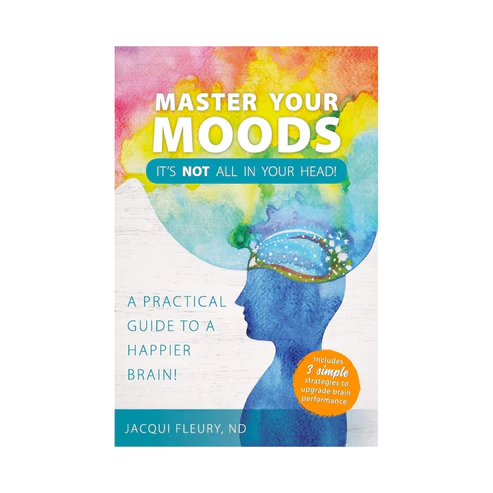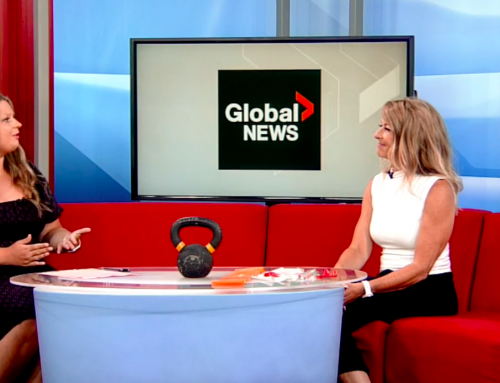The new year is a common time to decide to “get back on track” with healthy eating and exercise, or to start a whole new plan, but January and February are also two of the most challenging months to make changes, due to the short dark days, the cold weather and the increased incidence of seasonal affective disorder.
Plus, we have just come off the “high” of the holiday season and may be feeling a bit of a let down after the holidays, and if there was an increased amount of alcohol over the holidays, the rebound effect of this can be low emotions, moodiness or sleep disturbances. Not to mention food cravings, gas and bloating, or an overall increase in digestive distress from eating more sugar, carbs and more food in general.
So while a person may have the best of intentions in January to commit to getting healthier, they often find their ability to hold the course waning as the month wears on because they already have these factors weighing on them, making it harder to set and hold the course.
Here are 3 Simple Tips to Help Hit the Reset Button:
In an age of unlimited free information, if all we needed to make changes and be healthy was information, we might all be experiencing optimal health; however, this is not the case.
So for this year, rather than asking, “How am I going to get healthier this year?” ask the question, “Who am I going to surround myself with or hire as a coach to help take me to the next level in my health?”








